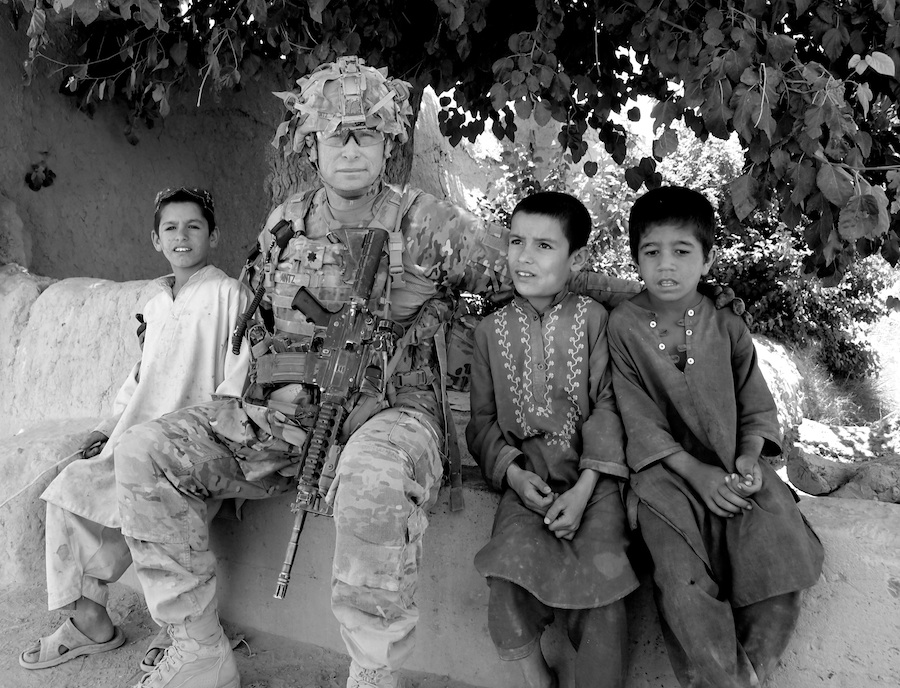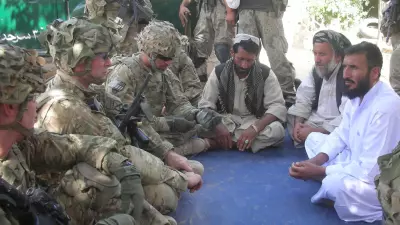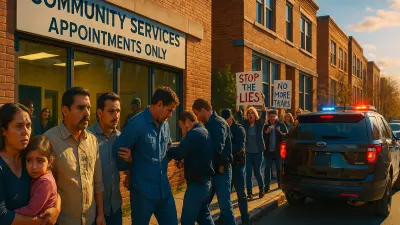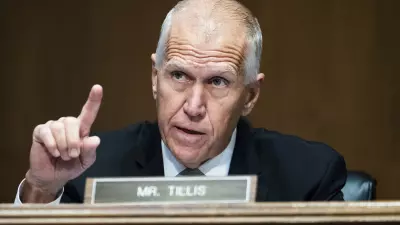There is a quote from a Roman emperor that goes something like “a dead enemy always smells good.”

It wasn’t until I was in combat that I truly understood the meaning of this saying. Now I carry it close as a fundamental truth of warfare.
Whenever my soldiers were in contact with the enemy, I felt a rush of emotion…a clear, focused passion to destroy this threat to my people. This was one less person that was going to hurt my people, and ultimately that’s what combat is reduced to. It is my tribe against theirs. I will kill to the best of my ability to keep my people, my soldiers, from being killed or hurt.
The recent attack at the airport in Kabul has filled me with such anger and sadness, and a true feeling of helplessness. Every time I lost soldiers in combat, I was able to give something back to the living. I was able to move them away from the loss, the anger, and the fear both physically and psychologically.
Combat is a mental game. I could conduct a mission to galvanize their attention, and move them forward in a positive way. When the enemy punches you in the face, it’s important that you punch back. If you don’t, then you can start to lose – you can start to doubt, and start to feel the “momentum” moving against you. If you don’t do something, then fear starts to set in. If you start to think that you are losing, then you will lose.
Giving your soldiers and your unit the opportunity to do something constructive about their loss is one of the greatest gifts a commander can give to them – the action and the movement and the opportunity to get at the enemy will provide the context through which they will always remember their loss. It is the opportunity to right a wrong, and live up to the sacrifice of their fallen brothers and sisters. This is also why a dead enemy always smells good.
The Marines and other enlisted service members who have so heroically guarded the perimeter of the airport in Kabul, and who have exposed themselves to danger to help rescue thousands of Afghans have taken a terrible blow. It’s a selflessness that is hard to comprehend in our society: exclusively young enlisted men and women who died for a noble purpose to save the lives of Afghans that they did not know.
I know what those units are going through now; the terrible feeling of grief and anger.
They will never get to stand over a dead enemy, and feel the satisfaction of knowing that they gave something back for their fallen. I realize to many of you that this seems base and crude, but it is the reality of our human condition as soldiers in combat.
I feel such anguish for the families of our fallen, and for the Marines and other soldiers who have lost brothers and comrades.
I feel ashamed that I wasn’t there with them, and to not be able to give something back.
Semper Fi!








